A Community of Learners: Recommended Reading
Lisa Bond, Parent, Director of Advancement
I have a confession to make: Three years ago I could not tell you that Leonardo da Vinci painted the Mona Lisa only a few years before the start of the Protestant Reformation, which is right around when Machiavelli was working out his political theories in The Prince.
It gets worse. I’m an English teacher. Teachers have a calling and responsibility to put these things together, and I certainly do this. However, my area of “expertise” is British Literature from the 17th Century on.
It wasn’t until I started reading to my oldest son, who will be entering Cambridge as a kindergartener this fall, pursuing HIS interests, that I realized there is so much I don’t know. And I really want to know!
Working at Cambridge also has awoken an interest in learning more, in placing events, stories, and ideas in their historical contexts, and in ultimately wanting to understand the full course of human history with Christ at the very center. I intend to dive deeply into the texts to which my son will be exposed for my own education and to participate in his.
I have a lot to learn and significant waiting to do since he won’t complete his full study of history until he graduates in 2025.
In the meantime, I invite you to join me as I explore some of the foundational literature and ideas of Cambridge. Here is a recommended reading list I have gleaned from Cambridge founders, parents, teachers, and students:
1. For the Children’s Sake: Foundations of Education for Home and School, Susan Schaeffer Macauley
This short book presents to the reader all education can be based on the Christian idea that children are born persons, created in the image of God. She makes the case that education can and should be a joyful, life-giving experience for children and adults alike!
“Take a small child on your knee. Respect him. Do not see him as something to prune, form, or mold. This is an individual who thinks, acts, and feels. He is a separate human being whose strength lies in who he is, not in who he will become.”
“Education is a life. That life is sustained on ideas. Ideas are of spiritual origin, and God has made us so that we get them chiefly as we convey them to one another, whether by word of mouth, written page, scripture word, musical symphony; but we must sustain a child’s inner life with ideas as we sustain his body with food.” (quote by Charlotte Mason)
2. Recovering the Lost Tools of Learning: An Approach to Distinctively Christian Education, Douglas Wilson
Wilson addresses some of the shortcomings of the American education system and provides solutions based on a classical, Christian model of education. Included in the book is the essay by Dorothy Sayers, “The Lost Tools of Learning,” that prompted a renewal of classical education in America and abroad.
“The Christian educator’s job is not to require students to spend all their time gazing at the sun. Rather, we want them to examine everything in the light the sun provides… Because all truth comes from God, the universe is coherent. Without God, particulars have no relationship to other particulars.”
The following suggestions from Cambridge founder Scott Buresh are by C. S. Lewis, whose writings have had a profound impact on Cambridge. We look at the character of Aslan from The Chronicles of Narnia as a beautiful example of who Jesus is. We chose the name Cambridge based on the time Lewis spent at Cambridge University in England.
It has been said that everything Lewis cared about is in everything he wrote. Lewis’ ability to connect to the left brain and the right brain, to imagination and reason, is what makes him extraordinary. The following two books approach ideas of the Kingdom of God and God’s glory from two different angles - fiction and prose, vivid imagination and theological insight.
3. The Great Divorce, C. S. Lewis
The story is an allegorical tale about a bus ride from hell to heaven. It is a meditation on
grace and judgment. He uses this tale to change the way we think about good and evil.
“I wish I had never been born," she said. "What are we born for?" "For infinite
happiness," said the Spirit. "You can step out into it at any moment...”
“Good beats upon the damned incessantly as sound waves beat on the ears of the deaf, but they cannot receive it. Their fists are clenched, their teeth are clenched, their eyes fast shut. First they will not, in the end they cannot, open their hands for gifts, or their mouth for food, or their eyes to see.”
4. The Weight of Glory, C. S. Lewis
This is a collection of nine sermons Lewis gave during World War 2. They offer guidance
and inspiration, through faith, during a time of great trial and doubt, namely that we
actually can please God and that He delights in us!
“It would seem that Our Lord finds our desires not too strong, but too weak. We are
half-hearted creatures, fooling about with drink and sex and ambition when infinite joy is offered us, like an ignorant child who wants to go on making mud pies in a slum because he cannot imagine what is meant by the offer of a holiday at the sea. We are far too easily pleased.”
“He who has God and everything else has no more than he who has God only.”
For more suggestions, reach out to any of the faculty and staff of Cambridge. Happy reading!
